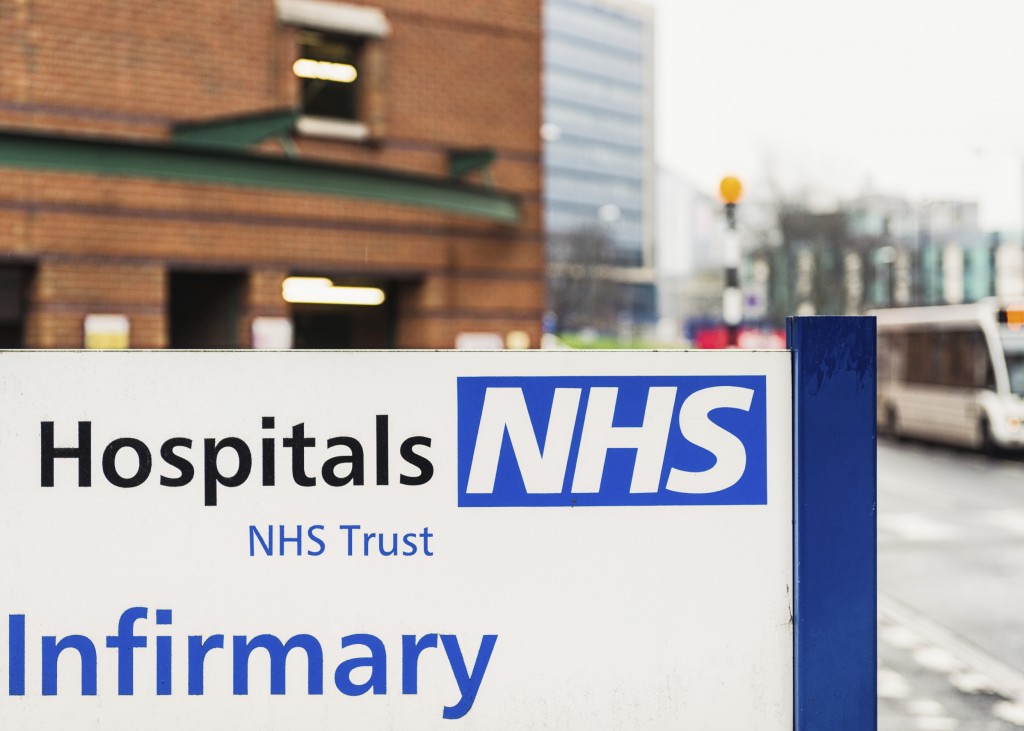An NHS mental health worker accused of sexually abusing vulnerable teenage girls has admitted he did have an intimate piercing described by one of his alleged victims.
Owen Smith, 50, is accused of raping the woman when she was 13 in the mid-90s and sex offences against two other complainants.
He initially told police he didn’t have the piercing but has now told a jury he did.
He told Sheffield Crown Court that ‘everybody knew about it’ because it had become infected and affected the way he walked.
He added: “It was the joke of the family because of the way I was walking. I was walking like a cowboy.”
Asked by his barrister Francis Edusei why he had not initially told police about it he said: “It was like 20 years ago. It didn’t register. I just completely forgot.”
Smith, of Sheffield, South Yorks., denies five counts of rape, two counts of trafficking and two charges of sexual assault involving three alleged victims.
Richard Woolfall, prosecuting, told the court: “Mr Smith has given them drink, drugs and then abused them either at his flat or at other properties which he has access to.
“Each of these three women or girls was vulnerable to sexual exploitation.
“He worked for the NHS in a trusted position and was a mental health worker.”
He said the first complainant, now in her 30s, claims she was raped by Smith on a number of occasions in the mid-90s when she was just 13 years old.
She said the first incident was after a party at his flat where she was given alcohol and cannabis.
Further charges relating to two other complainants are said to have occurred in 2014.
Mr Woolfall said the second alleged victim met Smith through a mutual friend after she had been kicked out by her mother.
The victim hoped Smith would be able to refer her to Turning Point – a service he worked for that provides help to people experiencing problems with alcohol or drug use.
The court heard the complainant was given legal highs by Smith, who would then wait until she was “off her face” before he had sex with her.
Mr Woolfall said: “Mr Smith would tell her he was untouchable and could get away with everything.”
Smith accepted he had known the first complainant in the 1990s but had never had any sexual contact with her.
He said an allegation that on one occasion he had sex with the 13-year-old girl in front of a disabled boy was not true.
In relation to the other two complainants, who were aged 19 and 16 at the time offences are said to have taken place in 2014, Smith said he had sexual contact with both of them but it had been consensual in both cases.
It is alleged in relation to the 19-year-old complainant that Smith would supply her with legal highs and wait until she was ‘off her face’ before having sex with her. But he said this was not the case.
Smith said when he first met the teenager she had already been taking legal highs and he did not know what they were or go on to buy any for her.
He said they had been in an ‘open relationship’ that had ended after about three months when his girlfriend found out about her.
In relation to the third complainant, a 16-year-old girl who had been living in a children’s home, Smith is alleged to have sexually assaulted her after locking her in his bedroom.
He said the sexual contact between them had been instigated by her and had been consensual.
Police found the girl in Smith’s bedroom after she was reported missing.
Speaking previously, Mr Woolfall said Smith had given the girl vodka, locked her in his bedroom and then had sexually assaulted her despite her trying to stop him.
When police arrived, Smith alleged began to shouting at the girl, saying: “Nothing’s happened, tell them nothing’s happened.”
The trial continues.

